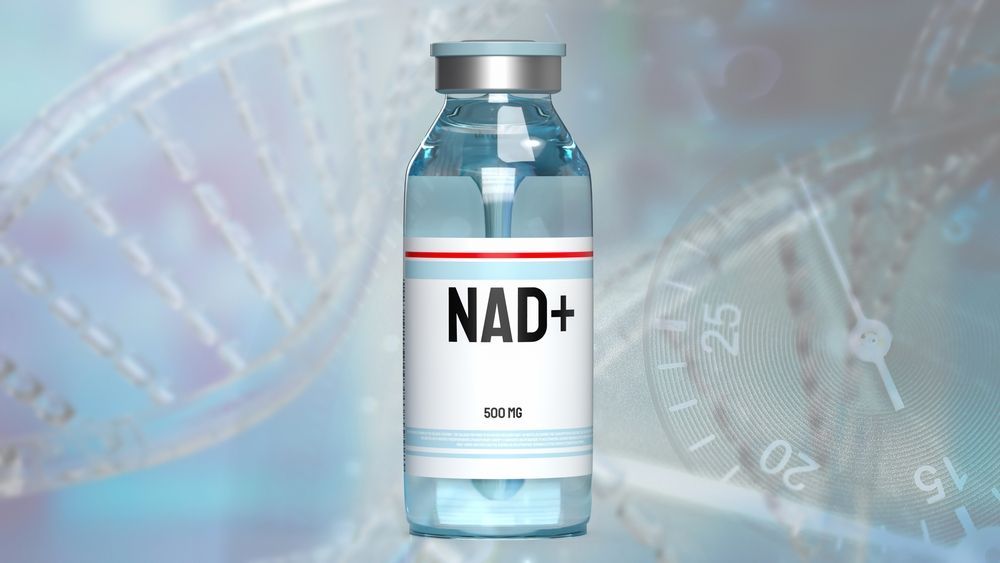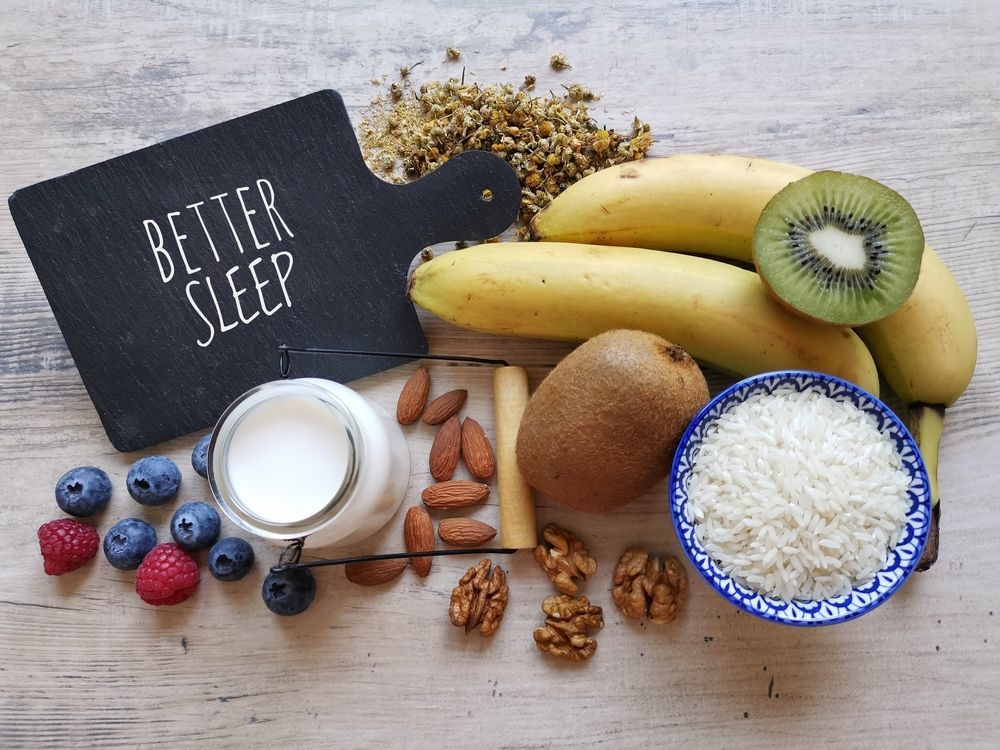How Infusions Support Health and Performance: A Comprehensive Guide

Infusions, commonly known as blends of water, herbs, and other nutrients, have gained popularity for their potential benefits to both health and performance. This comprehensive guide explores the various aspects of infusions, including their science, health benefits, and role in enhancing performance.
Understanding the Basics of Infusions
What are Infusions?
Infusions are made by steeping herbs, flowers, fruits, or other plant parts in hot water, utilizing the water's heat to extract flavors and beneficial compounds. The result is a flavorful drink that retains the nutrients and properties of the original plant material. Depending on the ingredients used, infusions can be tailored to achieve specific health results.
The History of Infusions
The practice of creating infusions dates back thousands of years. Ancient civilizations, including the Egyptians and Chinese, infused various plants for medicinal purposes. They recognized the therapeutic benefits that could be derived from natural ingredients, which laid the foundation for herbal medicine as we know it today.
Throughout history, infusions have been used not only for nourishment but also for spiritual practices and traditional healing. Today, they are widely consumed worldwide, both for pleasure and health. In many cultures, infusions are not just drinks; they are rituals that promote mindfulness and relaxation, often enjoyed during social gatherings or as a moment of personal reflection.
Different Types of Infusions
Infusions can be broadly categorized into two main types: herbal infusions and fruit infusions. Herbal infusions are made primarily from dried leaves, flowers, or roots, while fruit infusions focus on the extraction of flavors and nutrients from fresh or dried fruits.
- Herbal Infusions: Common examples include chamomile, peppermint, and ginger.
- Fruit Infusions: Popular choices are lemon, berry blends, and cucumber.
These categories can further be tailored with additives such as honey, spices, or lime to enhance flavor and health benefits. For instance, adding a sprinkle of cinnamon to a chamomile infusion can not only elevate its taste but also introduce additional anti-inflammatory properties. Similarly, infusing water with a mix of berries and mint can create a refreshing drink that is packed with antioxidants and vitamins, making it a perfect choice for hydration on a hot day.
Moreover, the art of infusions extends beyond simple beverages; it encompasses a wide range of culinary applications. Infused oils, vinegars, and even spirits are gaining popularity in gastronomy, allowing chefs and home cooks alike to explore new flavor profiles. By infusing oils with herbs like basil or rosemary, one can create a delightful dressing or cooking medium that brings dishes to life, showcasing the versatility and creativity that infusions can inspire.
The Science Behind Infusions
How Infusions Work
The efficacy of infusions largely hinges on the principles of extraction. When heated, water penetrates the plant materials, facilitating the release of essential oils, vitamins, and antioxidants. This process allows the infused liquid to obtain the health properties associated with the ingredients used.
This method also allows for a quicker, more efficient means of achieving the health benefits associated with various herbs and fruits, compared to consuming them whole or in solid forms. The infusion process not only extracts flavors but also concentrates the beneficial compounds, making it easier for the body to absorb these nutrients. For instance, the temperature and steeping time can be adjusted to optimize the extraction of specific compounds, tailoring the infusion to meet individual health goals or flavor preferences.
Nutritional Components of Infusions
Infusions are rich in various nutrients, including vitamins, minerals, and flavonoids. These components are crucial for supporting overall health. For example, vitamin C, often found in fruit infusions, plays a vital role in immune function and skin health.
Depending on the type of infusion, you may also consume antioxidants that help combat oxidative stress in the body. This is essential for maintaining optimal cellular function and overall wellness. Additionally, many herbal infusions contain essential oils that can have therapeutic effects, such as calming anxiety or aiding digestion. Chamomile and peppermint, for instance, are popular choices not just for their flavors but also for their soothing properties, making them ideal for evening relaxation or digestive support.
The Role of Antioxidants in Infusions
Antioxidants are natural compounds found in many infusion ingredients, such as green tea, berries, and herbs. They help neutralize free radicals, which can cause cellular damage and contribute to chronic diseases.
By incorporating antioxidants into your daily routine through infusions, you can support your body in fighting inflammation, enhancing cellular repair, and promoting longevity. Moreover, the variety of antioxidants present in different ingredients can target various health concerns. For example, polyphenols in green tea are linked to improved cardiovascular health, while anthocyanins in berries are known for their potential to enhance cognitive function. This diversity not only enriches your diet but also allows you to customize your infusions to address specific health needs or preferences, making the experience both enjoyable and beneficial.
Infusions and Health
Infusions for Immune Support
Certain herbal infusions, such as echinacea and elderberry, are renowned for their immune-enhancing properties. These plants can stimulate white blood cell production, bolstering the body’s natural defenses against infections.
Regularly consuming these infusions can be an effective way to fortify your immune system, particularly during the cold and flu season.
Infusions for Digestive Health
Many herbal infusions can aid digestion and promote gut health. For instance, peppermint infusion is known for its soothing effects on the digestive tract, while ginger infusion can combat nausea and food-related discomfort.
Additionally, chamomile infusion is often consumed to relieve bloating and other digestive upsets, making it a popular choice after meals.
Infusions for Mental Well-being
Infusions derived from herbs like lavender and lemon balm have been shown to promote relaxation and alleviate anxiety. The calming effects of these infusions can be especially beneficial during stressful times.
Incorporating soothing herbal infusions into your routine can improve your mood, decrease stress levels, and enhance overall mental well-being.
Infusions and Performance
Infusions for Energy and Stamina
Certain infusions can offer a natural boost to energy levels. For instance, matcha green tea infusions provide a steadier, more sustainable source of energy, unlike the quick jolt from coffee.
By consuming energizing infusions, you can support both physical and mental performance, helping to sustain your energy throughout busy days.
Infusions for Recovery and Healing
After strenuous physical activity, the body requires nutrients to recover. Infusions comprised of turmeric and ginger can help reduce inflammation and speed up recovery time.
These infusions also aid in replenishing fluids and electrolytes, making them a perfect addition to post-workout hydration.
Infusions for Focus and Concentration
When you need to maintain focus, certain herbal infusions can help. Ginseng and rosemary are popular choices known to enhance cognitive function and concentration. Whether you are studying, working, or engaging in creative endeavors, these infusions may provide the mental clarity required for success.
In conclusion, infusions are not only delicious but also a versatile way to enhance health and performance. By understanding their purpose and benefits, you can easily incorporate them into your daily routine for optimal results.


















